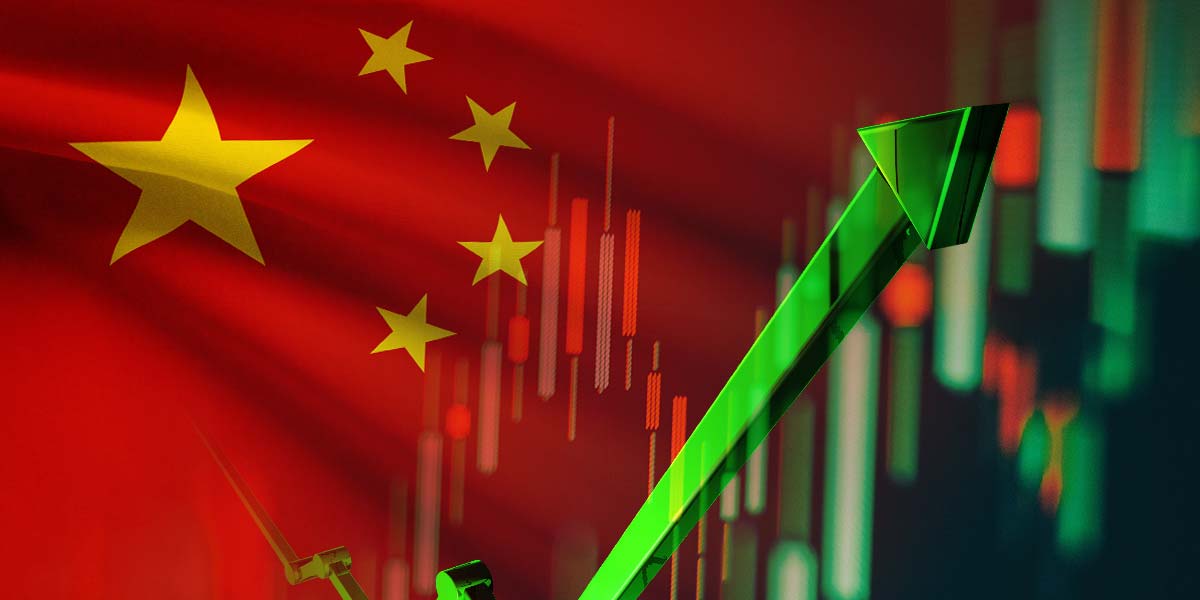China’s financial regulators are exploring steps to temper the surging stock market, wary of the pace and scale of a RM5.07 trillion ($1.2 trillion) rally that has unfolded since early August, according to sources close to the discussions.
Regulatory authorities have floated several proposals with senior policymakers in recent weeks. Among the options under review are rolling back certain curbs on short-selling and tightening controls on speculative trading, reflecting fears that a sudden correction could leave retail investors with steep losses.
While it remains uncertain if any of these proposals will move forward, the deliberations come amid a robust recovery in Chinese shares since April. Key benchmarks, including the Shanghai Composite and CSI 300, have each rallied more than 20% from their 2023 lows, with the former touching levels not seen in a decade.
In the meantime, the offshore yuan also softened, after hitting its strongest point against the US dollar since November last week, spurred in part by speculation that foreign inflows would pick up alongside equity gains.
Retail investor engagement has soared: New stock account openings in August were up 166% compared to a year earlier, fueling mounting volumes and margin trades. Trading activity on China’s mainland exchanges reached over 3.1 trillion yuan in a single day last week — near all-time records. Yet analysts warn that this market exuberance appears out of sync with China’s underlying economic headwinds, including persistent deflationary risks and ongoing turmoil in the property sector.
Brokerages have reportedly come under official pressure to tone down promotional efforts aimed at around-the-clock account openings, while over 400 mutual funds either halted or capped subscriptions last month to curb overheating. Brokerage Sinolink Securities has raised its initial deposit requirements for margin accounts, a move reminiscent of leverage clampdowns that followed similar retail-fueled rallies in 2015.
Citic Securities notes most of the momentum is coming from hedge funds and high-net-worth investors, with the rally largely confined to sectors such as semiconductors. Analysts say the probability of an abrupt end to the rally or a rapid broadening appears low, at least in the near term.
With household funds still largely on the sidelines, some market observers, such as Western Securities, predict a period of consolidation before a potential next leg driven by broader retail inflows. Meanwhile, Goldman Sachs’ top banker in Asia recently issued a bullish outlook for Chinese equities, citing renewed interest from global investors.
From his client’s feedback, Kevin Sneader, Goldman Sachs’ president of Asia-Pacific ex-Japan, told Bloomberg that the sentiment in the Chinese market has improved, adding that this rally in the equity markets has got some legs despite challenges that the country is facing.





